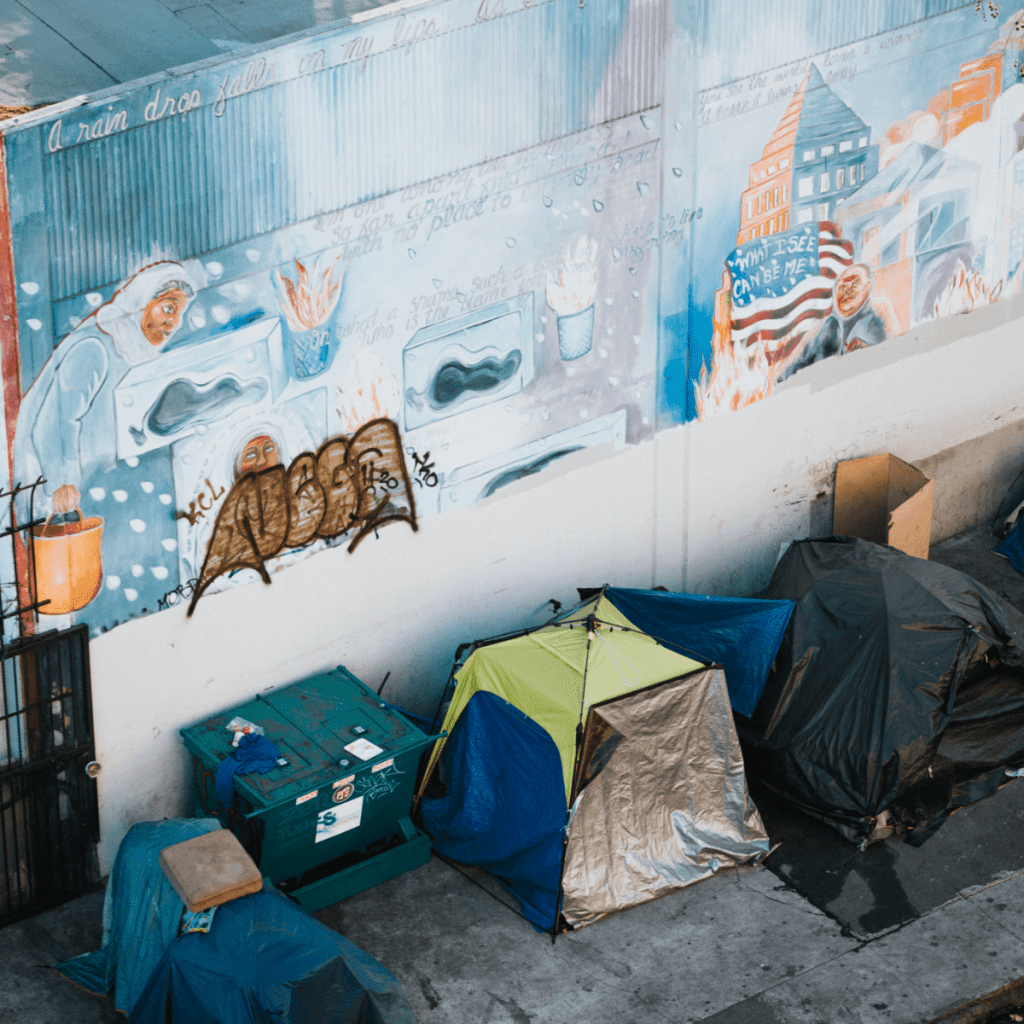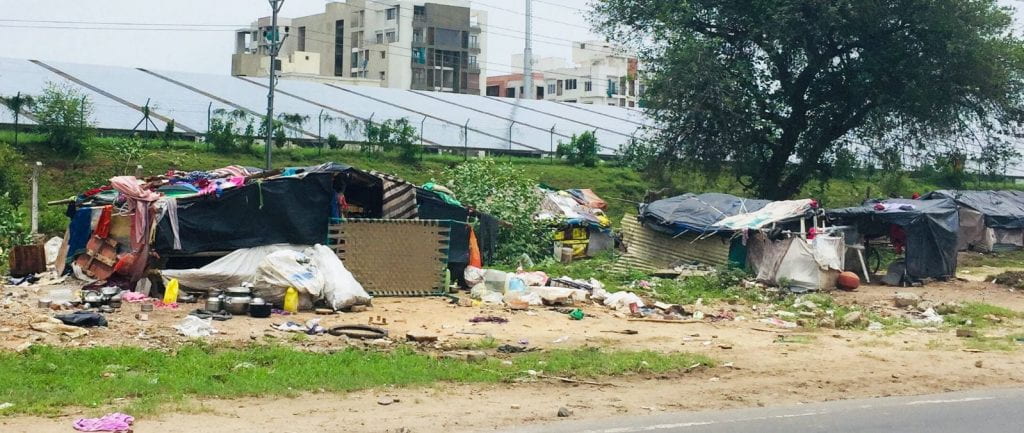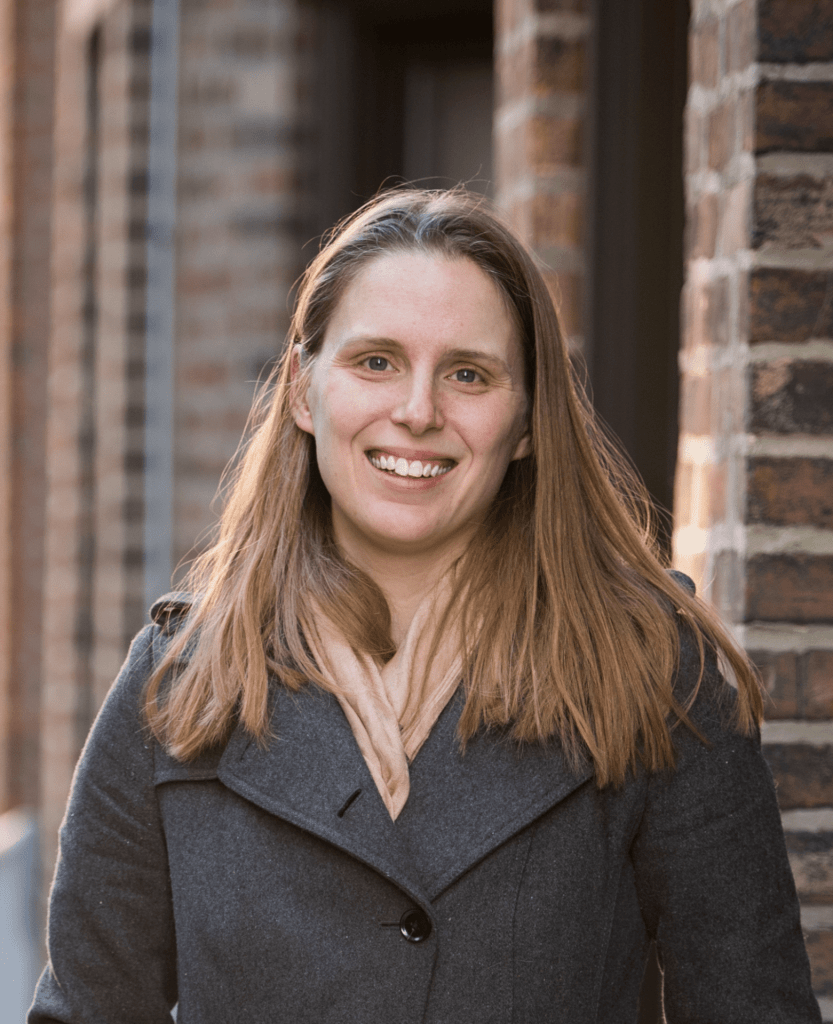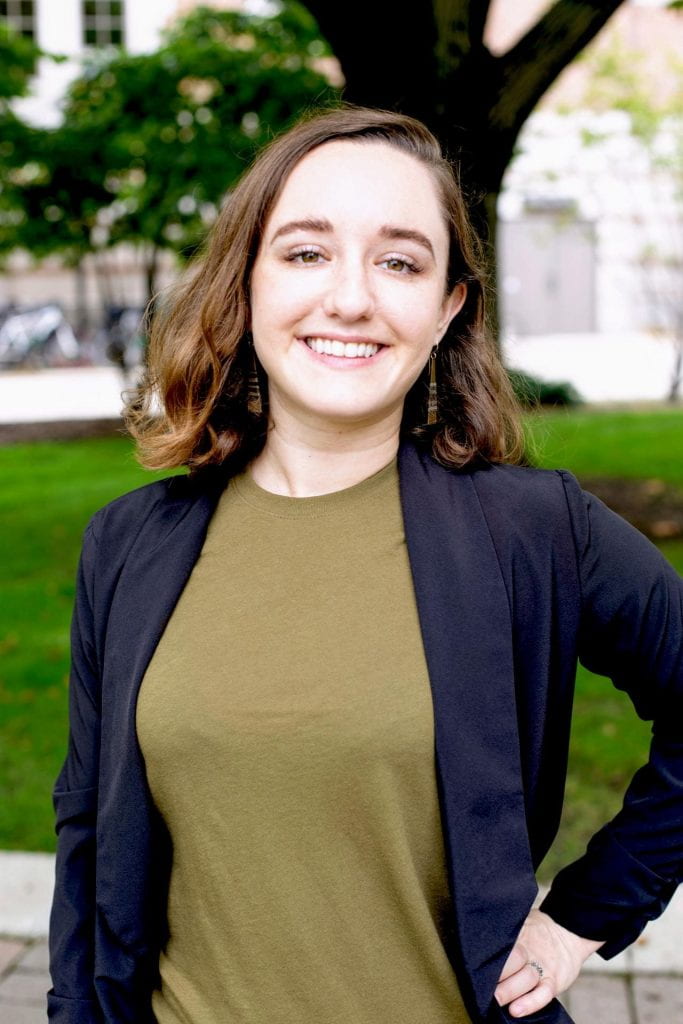Community Solutions partners with Dr. Katherine Levine Einstein and Dr. Charley E. Willison to research homelessness policy
A nonprofit and researchers from Boston University and Cornell University will study the landscape of homelessness public policy and its consequences
Numerous government agencies at all levels make public policies that are influential to the well-being of people experiencing homelessness in the U.S.
But, the way these decisions get made and how they’re implemented aren’t visible to the public or even other policy makers. In many cases, they are not considered part of homelessness policy at all. Think: land use policy. Or policing.
Very little is known about the types of policies that are targeted toward homelessness at the local level, how these policies are organized around different goals that may or may not work to effectively reduce homelessness, and whether these goals are carried out in implementation.
 Two prominent homelessness researchers are embarking on a three-year research project, “Invisible Policymaking: The Hidden Actors Shaping Homelessness,” in conjunction with Community Solutions in order to explore these issues more fully. This project emerged from an initial partnership between Community Solutions and the Boston University Initiative on Cities on the 2021 Menino Survey of Mayors report, “Mayors and America’s Homelessness Crisis.”
Two prominent homelessness researchers are embarking on a three-year research project, “Invisible Policymaking: The Hidden Actors Shaping Homelessness,” in conjunction with Community Solutions in order to explore these issues more fully. This project emerged from an initial partnership between Community Solutions and the Boston University Initiative on Cities on the 2021 Menino Survey of Mayors report, “Mayors and America’s Homelessness Crisis.”
The research aims to answer:
- What is the full landscape of homelessness policy?
- How does homelessness policy get made?
- What are the consequences of these policy decisions for unhoused people?
“A large body of research shows that high housing costs lead to homelessness. The solution to this problem is political. Policymakers must recognize inadequate affordable housing and homelessness as serious and intertwined problems,” said Katherine Levine Einstein, Associate Professor of Political Science at Boston University. “Our research partnership with Community Solutions explores different policy approaches to ending homelessness — and the extent to which policymakers centralize or fragment their housing and homelessness policies.”
In partnership with Community Solutions, Dr. Katherine Levine Einstein of Boston University and Dr. Charley E. Willison of Cornell University will be studying how the structure of public policy making in both decision-making and policy implementation contributes to homelessness.
“This research will strengthen our knowledge about how policy making and policy implementation across different levels of government will inform our strategy to drive reductions, and eventually end, homelessness in communities,” said Adam Ruege, the Learning System & Evaluation Portfolio Lead for Community Solutions. “We are so very excited for this new partnership and the new insights we will gain from their work.”
“Invisible Policy: The Hidden Actors Shaping Homelessness”
Throughout all levels of government, decisions are being made that directly impact people experiencing homelessness — but these decisions aren’t typically considered to be part of homelessness policy.
For example, local planning and zoning boards make decisions that impact what housing gets built and where and in turn, impacts housing costs and displacement. Yet land use policy and the dynamics of public planning and zoning board meetings are not typically considered to be homelessness policy.
Policy could also be a tool to effectively reduce homelessness. Einstein and Willison will study this too.
“Most homelessness research is on best practice solutions. We know affordable housing, and permanent supportive housing, are the best ways to end homelessness. Yet little research to date has examined policy uptake, or political factors shaping policy choices,” said Charley E. Willison, Assistant Professor of Public Health at Cornell University. “Cities face political pressure to enlist punitive, criminalization responses, over evidence-based housing solutions, which actually facilitates cycles of homelessness. Our research explores political determinants influencing different local-policy approaches.”

Who influences homelessness in your community? Mayors. City councils. County execs. Police. Planning and zoning boards. Public Health Departments. Public Works. Public Housing Authorities. Even parks departments.
The decisions of all these players can have an impact on homelessness. Einstein and Willison will study how these players across levels of government make decisions that affect homelessness. In particular, they’re interested in how decisions by these actors can lead to policy change targeting population-level reductions in homelessness.
They plan to use a variety of different methodologies to unpack these questions at both the national and local scale. At the national scale, they will explore:
- National administrative data from cities and Continuums of Care (CoCs)
- Menino Survey of Mayors
- Survey of CoCs
In close consultation with Community Solutions, they will also select four cases for in-depth investigation. These case studies will feature detailed interviews with key stakeholders — including bureaucrats across levels of government and individuals with lived experience of homelessness — alongside the analysis of large databases, including police reports and land use/zoning decisions.
In order to further understand the challenges local actors face in designing and delivering solutions to homelessness, Einstein and Willison plan to examine policies as part of their case analysis. This will allow them to investigate the complex relationships between state level decision-making, counties, and local government actors (cities and CoCs), including funding arrangements and funding decisions in practice.
The Researchers

Katherine Levine Einstein (PhD, Harvard University) is an associate professor of political science at Boston University (BU) and a faculty fellow at the BU Initiative on Cities. Her research asks whether local policies represent community preferences and what factors hamper politicians from addressing critical challenges in their communities — with a substantive focus on housing policy. Her 2019 book with BU colleagues David Glick and Maxwell Palmer, Neighborhood Defenders: Participatory Politics and America’s Housing Crisis (Cambridge University Press) shows how neighborhood participation in the housing permitting process exacerbates existing political inequalities, limits the housing supply, and contributes to the current affordable housing crisis. She has also published multiple peer-reviewed journal articles and policy reports on racial discrimination and inequality, housing policy, urban politics and policy, and the policy process. She currently serves as one of the principal investigators of the Menino Survey of Mayors, a multi-year data set of survey-interviews of U.S. mayors exploring a wide variety of political and policy issues.

Charley E. Willison (PhD, University of Michigan) is an assistant professor of public health at Cornell University. She is a political scientist studying the relationships between local politics, intergovernmental relations, and public health political decision-making, with a primary focus on homelessness. Dr. Willison’s 2021 book, Ungoverned and Out of Sight: Public Health and the Political Crisis of Homelessness in the United States (Oxford University Press) examines why municipalities may use evidence-based approaches to address chronic homelessness in their jurisdictions or not. Her book won the 2022 Dennis Judd Best Book Award, which recognizes the best book on urban politics (domestic or international) published in the previous year. She is currently the co-principal investigator of the Continuums of Care Survey, a national survey of the governance structures responsible for designing and delivering solutions to homelessness in jurisdictions across the U.S., and how these systems respond to ongoing political and policy challenges. She has published multiple peer-reviewed articles and policy briefs on homelessness policy and politics in the U.S. and is actively engaged in research dissemination to policy makers, communities and the public.
—————
Community Solutions is a nonprofit committed to creating a lasting end to homelessness that leaves no one behind. It leads Built for Zero, a movement of more than 100 communities in the United States working to measurably and equitably end homelessness. Using a data-driven methodology, these communities have changed how local systems work and the impact they can achieve. To date, 14 communities have reached a milestone known as functional zero, a milestone for ending homelessness for a population. Learn more at www.community.solutions or follow us at @CmtySolutions.
